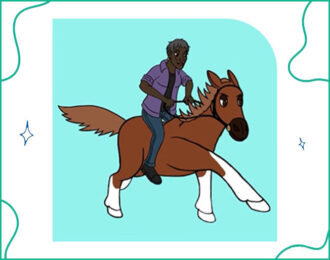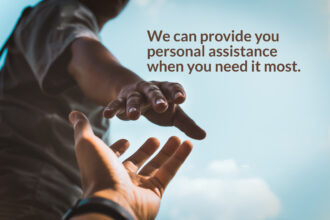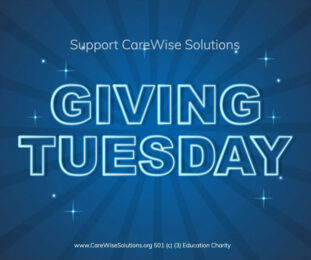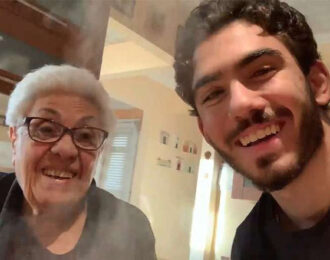Now There’s Free Help for Military and Veteran Caregivers

Jeanette Pavini March 2021 Forbes and The Street
The program relieves caregivers by handling activities such grocery shopping, housekeeping, cooking, and bathing for a few hours.
For anyone that oversees the care of a family member, they know all too well the daily challenges one can face. In an effort to help veterans and military family caregivers, AARP and the Elizabeth Dole Foundation (EDF) announced the new Respite Relief Program for Military and Veteran Caregivers will be going nationwide this year. This no-cost program offers family caregivers access to short-term, free assistance to help with the care of wounded, ill or injured veterans or service members at home.
For veteran and military caregivers to receive 24 hours of respite care they must apply online at hiddenheroes.org/respite. It offers a minimum of four hours per session adding up to 24 hours (six weeks of help at four hours a week.)
This extra help can make a difference. When my father was ill, we had help from hospice a couple of hours a week with things like bathing and it really helps. The program aids with activities of daily living, including grocery shopping, housekeeping, cooking, bathing, and medication reminders.
The Elizabeth Dole Foundation Respite Relief Program offers care assistance provided by CareLinx, noting this is a qualified in-home respite care provider, and national outreach support by AARP, the U.S. Department of Veterans Affairs, and Wounded Warrior Project.
“Across the country, more than 5.5 million veteran and military family caregivers have been caring for loved ones through the COVID-19 pandemic, taking on more responsibilities along with increased worry, stress, and anxiety,” said AARP CEO Jo Ann Jenkins. “AARP is heartened to collaborate with the Elizabeth Dole Foundation to help communicate the support available to these hidden heroes. Respite relief can help lighten that emotional burden for veteran and military caregivers.”
Research from the National Alliance for Caregiving and AARP shows that although many caregivers feel services like respite care would be helpful, the use of these programs is low. Over a third of caregivers (38%) feel it would be helpful but only 14% report to having used respite care, according to Caregiving in the U.S. 2020.
“Now more than ever, military and veteran caregivers are feeling burned out and in need of a break,” said Elizabeth Dole, EDF founder and a former U.S. senator. “We’re proud to offer the Respite Relief program and provide caregivers the much-deserved opportunity to recharge and practice self-care.”
AARP also offers free financial workbooks for veteran and military caregivers. The workbooks cover a range of topics and highlights caregiving expenses to help people keep track of costs. It is important to understand these out-of-pocket expenses so that caregivers can better plan and save. Knowledge is power and having this understanding along with putting together a plan will help eliminate some financial stress.
The Veterans and Military Family Caregiving Guide offers a wealth of information. Other support material can be found in the Veterans and Military Family Caregiving Handbooks (English & Spanish). For help during Covid, AARP offers the Supporting Veteran and Military Family Caregivers in a Pandemic Fact Sheet (English & Spanish) and “Military Caregivers Face New Challenges During Pandemic”: For more information on these and other resources for veterans, visit AARP’s veterans page.





